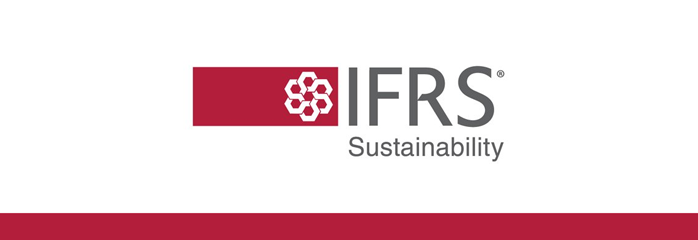
Climate disclosure regulations are among the most significant and complex challenges faced by companies and boards, with a variety of requirements emanating from numerous governmental authorities and non-governmental organizations (NGOs) in recent years. Mayer Brown lawyers from around the world produced a White Paper on Global Climate Change Disclosure Initiatives and Board Corporate Governance Considerations







